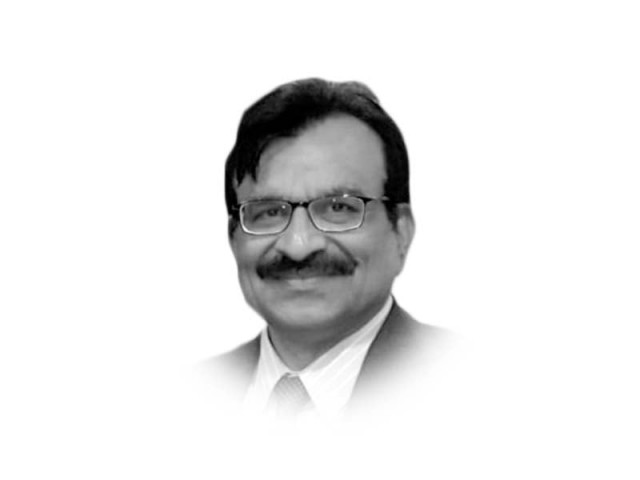Untold story and May 9
I was a public health student and went to attend a major health conference

This is an incident that happened in the mid-nineties, and it bothered me then and stayed with me as a thorn in my side always. However, I never talked about it in all these years, even with my friends, until May 9th.
I was a public health student and went to attend a major health conference. That was a big conference with more than 20 thousand participants from all over the world and multiple sessions happening simultaneously. The programme book was thicker than the phone directories of that era. It was very expensive to attend these conferences, as just hotel and flight costs could go above a thousand dollars. For a student, that was a huge amount to bear, and I had to cut costs from my other expenses to make this happen. A friend at the University of Washington, Qasim, used to make fun of me by saying that “you save a few cents here and there the whole year and then spend a thousand bucks to attend a conference”. Once there, like every other student attending, we were always looking for free food. Conferences in developed countries do not have free food options, contrary to conferences in Pakistan. However, in some extra-time sessions, food was available. This was a session on Pakistan with some food available, so I was there. Later, while having dinner on Pakistani food and chit-chatting with other participants, I met a mid-level government official from a developed country. While discussing the last martial law of Gen Zia-ul-Huq, he asked me why the Pakistani public, even though democratic in nature, does not come out against a military dictator. I personally believe that the worst democracy is many times better than the best dictatorship, but here we were discussing a more complex issue. My answer was that, as compared to many other countries, the Pakistani military is drawn from the whole of Pakistan and is not reflective of one tribe or a province. That provides a relationship between the masses and the military, so it’s not considered an alien force. “That is the problem,” he said, moving forward. I started thinking about why this relationship of public with their armed forces is a problem. Then I realised that our enemies have identified this “relationship” as a problem and may be working on it to weaken it and eventually weaken Pakistan. But then I thought it may be the wild talk of a mid-level official, and that is why I never talked about it all these years, even though it always troubled me. In these years, I have forgotten who the person was and which country he belonged to, but his four-word sentence I never forgot.
Then May 9 happened. I have seen many protests, including violent ones, even during the military dictatorships. However, never before have state institutions been targeted like that. I can’t remember anyone burning Radio Pakistan’s building, even though then it was the only media outlet with no representation of the opposition. The burning of ambulances and desecration of our martyrs’ monuments was also the first and showed the ignorance of the masses played by power-hungry political leaders. The burning of the Core Commander house was a shameful act, but what made me shudder was not that incident. The clip that alarmed me and reminded me of a 30-year-old incident was of a convoy of three open jeeps with soldiers sitting in the back and a mob attacking those soldiers with sticks and stones in Lahore. That was my watershed moment. To protect us, our soldiers are paying with their lives daily. Attacking these soldiers, who had nothing to do with Pakistani politics, showed me that someone has succeeded in weakening our “relationship”. I don’t want to blame any single stakeholder or one political party as this is much more complex than that. Neither do I consider any political leader a traitor, but I think they bear greater responsibility to ensure that their power games do not weaken our country. If Pakistan stays a strong country, only then you could enjoy your power perks. It’s time for political leadership across the board to sit down with each other and for once make a joint plan for strengthening Pakistan instead of thinking about their vote banks. Vote banks only matters if a country is strong and progressing. Long Live Pakistan!
Published in The Express Tribune, July 17th, 2023.
Like Opinion & Editorial on Facebook, follow @ETOpEd on Twitter to receive all updates on all our daily pieces.















COMMENTS
Comments are moderated and generally will be posted if they are on-topic and not abusive.
For more information, please see our Comments FAQ